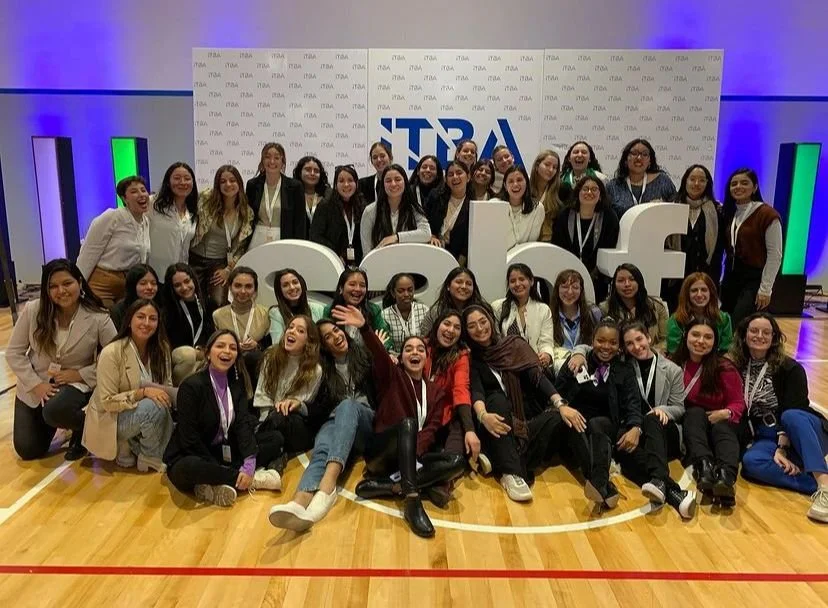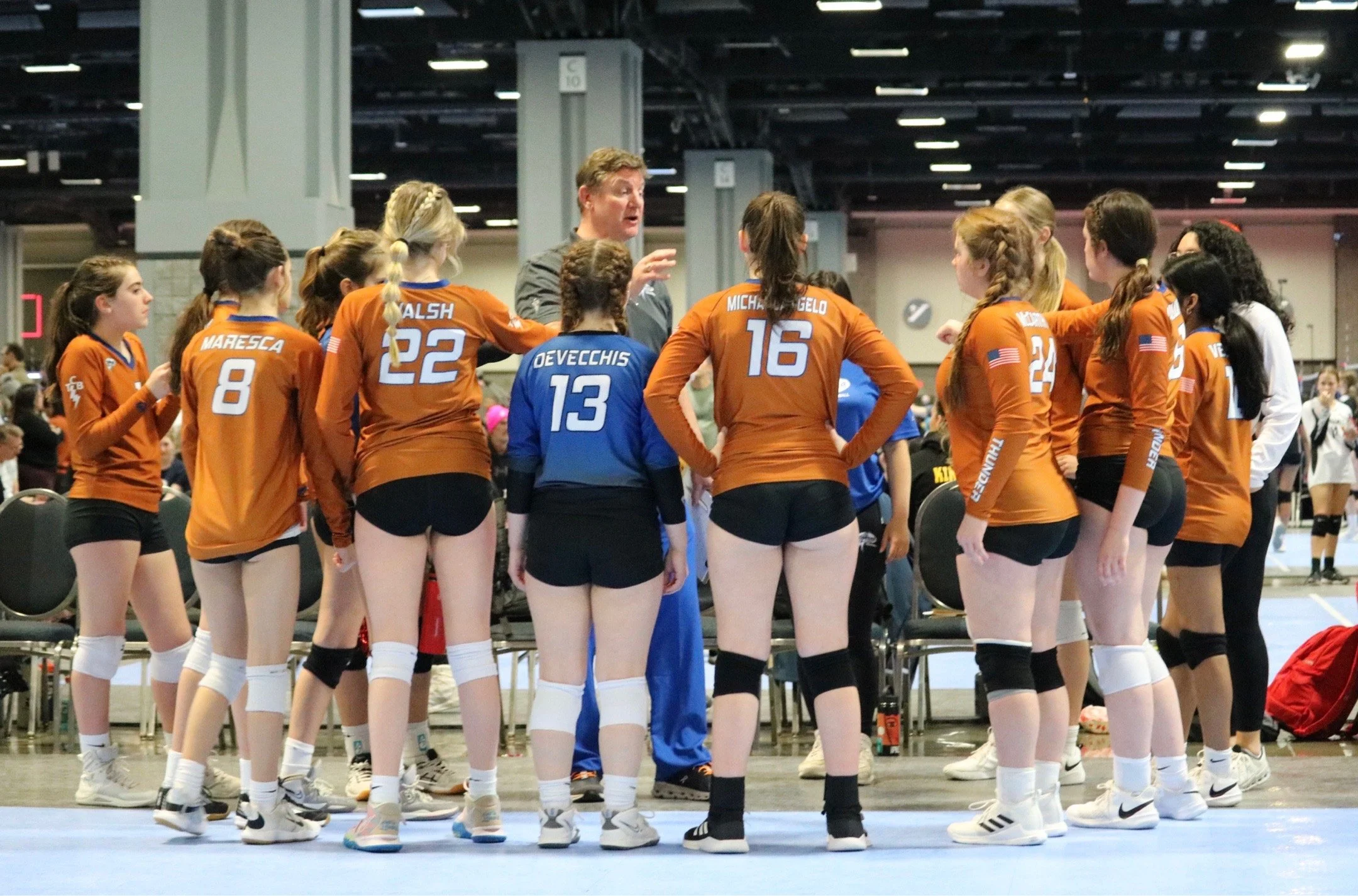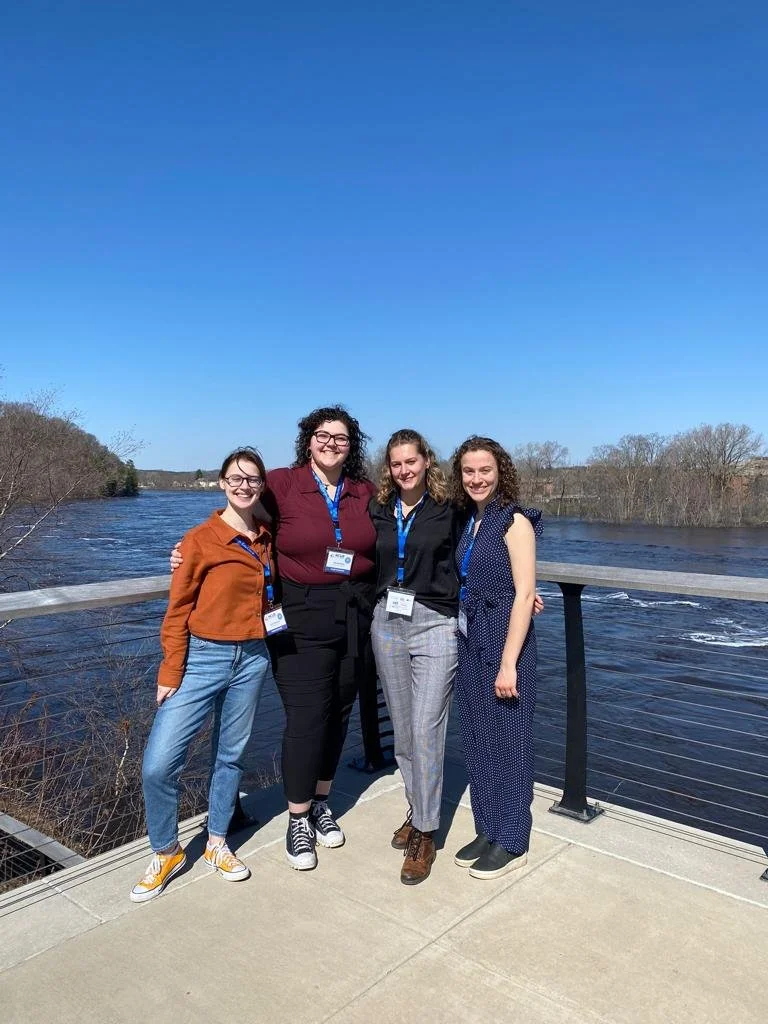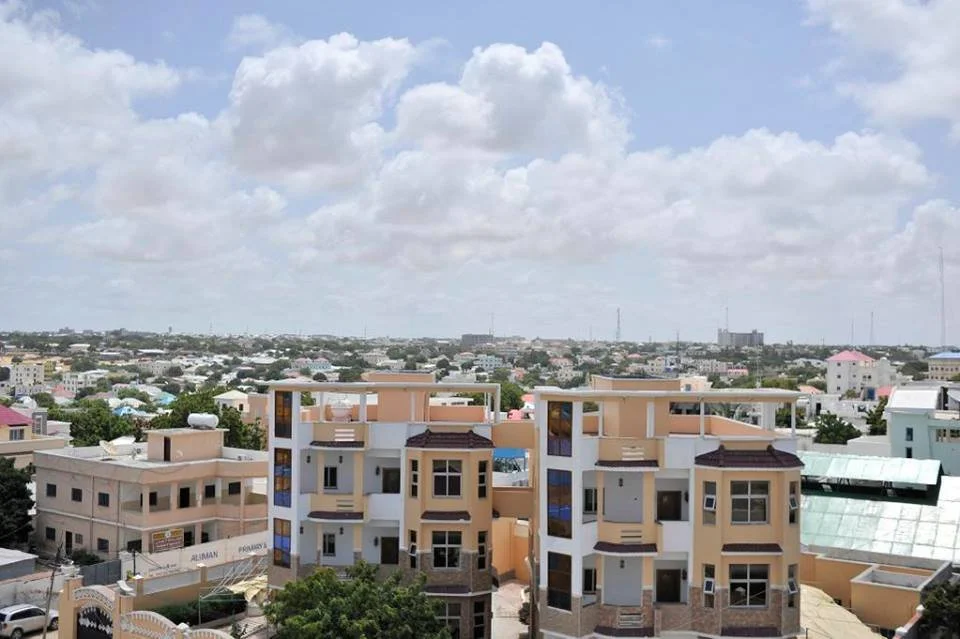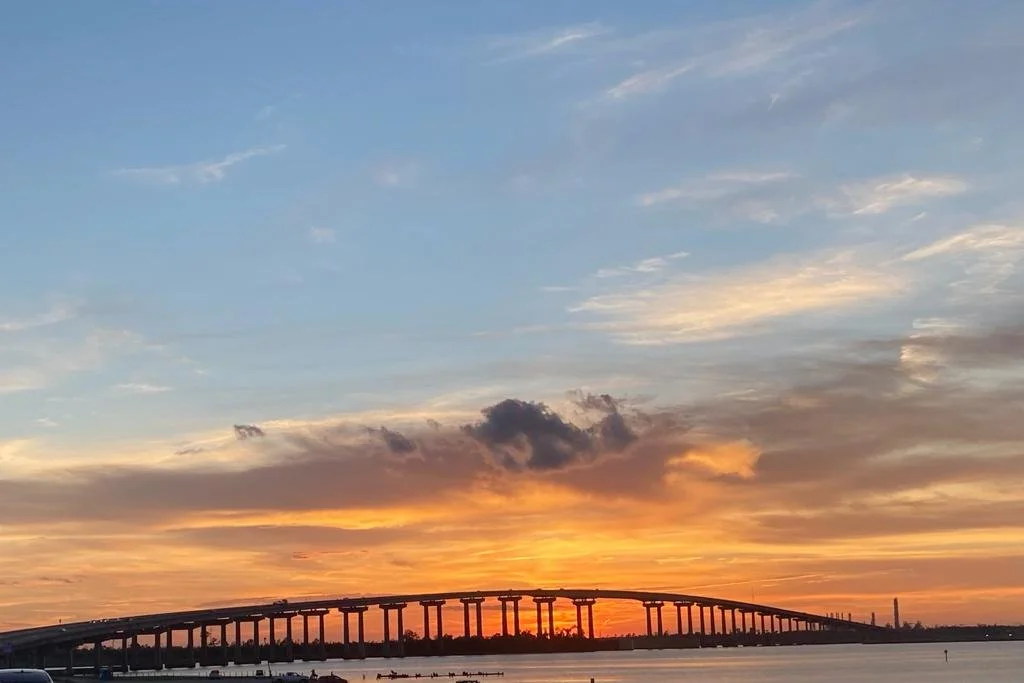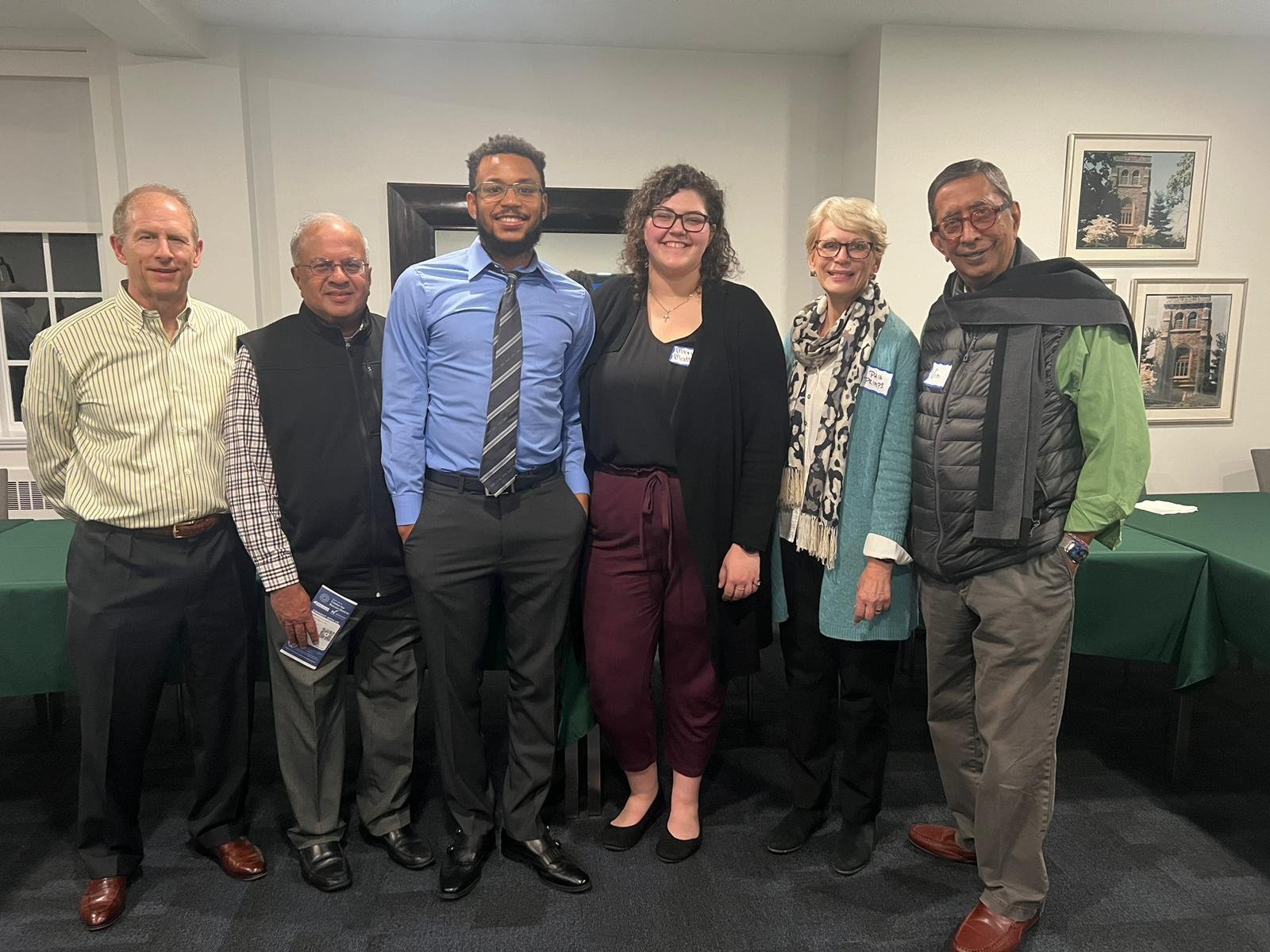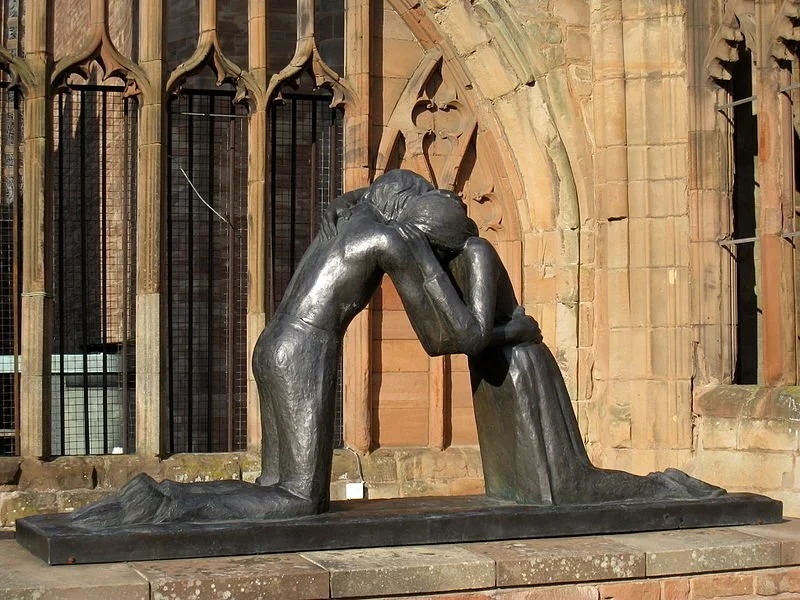Reflecting over the last few months has made it clear to me that the research I conducted last summer had a lot less to do with what I am academically interested in and more to do with hope for healing in my community.
MHCR Team Recipe Swap
The Carter School's 2022 Lynch Lecture: Medea Benjamin
Walking into the auditorium, there is a woman dressed in a pink sweater, pink belt, and pink boots. She sits with others as she prepares to speak to the crowd. On the evening of October 27th, the Jimmy and Rosalynn Carter School for Peace and Conflict held its inaugular Vernon M. and Minnie I. Lynch Lecture, and the first in-person Lynch lecture since the outbreak of COVID, with Medea Benjamin, co-founder of CODEPINK.
MHCR Staff Builds Relationships in Bronxville, NY
On Thursday, November 17th, 2022, MHCR team members Merisa Mattix and Cam Cassar traveled to the Reformed Church of Bronxville (RCB) in Bronxville, New York to present the work of the Mary Hoch Center for Reconciliation (MHCR) to congregants of the church and friends of the Center. The Reformed Church of Bronxville was where Mary Hoch herself attended church before her tragic passing a few years ago. This event was filled with congregants of the church and members of the Mary Hoch Center for Reconciliation Board and featured a light dinner with our presentation.
USIP Insider Mediators Supporting Peace Processes
At the end of September, USIP convened a meeting to discuss what it means to be an Insider Mediator, how Insiders can be better supported, as well as their challenges and opportunities.
The closed event, entitled "Insider Mediators in Peace Support Processes," brought together many mediators and reconciliation experts from around the world to discuss the critical topic and was led by Dr. Juan Diaz Prinz, USIP's Senior Expert on Mediation and Dialogue. To preface the open group discussion, the group hears from UN Undersecretary General on Genocide Prevention Alice Wairimu Nderitu as Keynote, Joseph Sany presenting on USIP's behalf, and Antti Pentikainen with Natia Channkvetadze on their compiled literature review.
Event Recap: “A New Realm of Peacebuilding: Exploring the Intersection of Community, Play, Wellbeing and Resilience”
The webinar “A New Realm of Peacebuilding: Exploring the Intersection of Community, Play, Wellbeing and Resilience,” hosted by MHCR in collaboration with TPP on September 20th as a part of the Fall 2022 Carter School Peace Week. This event featured TPP’s Board of Directors as panelists: Ana Goffe, Reed Walter, Ron Holgado, Kesi Michael, and Nick Sherwood (who also serves as MHCR’s Associate Director). The event was moderated by MHCR Communications Officer and Carter School MS Candidate Cameron Cassar.
The goal of this event was to discuss how methods of play can be a huge benefit to community resilience and the field of peacebuilding as a whole. The peacebuilding field can be very technical in nature and because of that, practitioners can sometimes lose sight of the joy that initially brought them to the field in the first place. This is why the work that the TPP does, integrating their methods of community-building, and hosting events like these are so important.
Carter School Shinnyo Fellow Joins the MHCR Team: Meet Amanda Peña
Amanda Pena is a graduate from George Mason University where she majored in both Government & International Politics, and Conflict Analysis & Resolution with a concentration in Global Engagement. Amanda is the current Shinnyo Fellow for the 2022-2023 year where she is pursing to learn more about her interests within the Peacebuilding field, and is excited to be with MHCR. She is especially interested in transitioning justice practices. Amanda is ecstatic to be working and learning alongside individuals who share the passion of peacebuilding
MHCR’s Evidence Review of Reconciliation Theories of Change: What is the State of the Practice?
Since the summer of 2020, MHCR researchers and affiliates have conducted a two-part review of primary and secondary data surrounding how, when, and why reconciliation theories of change (ToCs) have been used in international reconciliation practice. The project was commissioned by the United States Institute of Peace (USIP). In the past two years, USIP has sought to conduct an ‘evidence review’ of all its primary peacebuilding practices (e.g., mediation, arbitration, negotiation, and reconciliation). These evidence reviews seek, at base, to understand what works – and what doesn’t – about basic processes in peacebuilding.
Building Trust on the Path to Healing: Insights from Observing the Sami Reconciliation Process
MHCR Program Officer Hannah Adamson discusses her visit to Finland at the end of May 2022. She traveled to Northern Finland to Sami Land with MHCR Director Antti Pentikäinen as he worked alongside local actors involved in the Truth and Reconciliation Commission Concerning Sami People. They visited with Sami healers, community leaders, members of the Sami Psychosocial Support Unit, politicians, and other actors to listen to their experiences and, when appropriate, offer encouragement and guidance.
New IREX Fellow Joins the MHCR Team: Meet Jonathan Josue Jiménez Ramirez
We would like to extend a warm welcome to the newest member of the MHCR team Jonathan Jimenez. Jonathan is from Chimaltenango, a Mayan indigenous village in the highlands of Guatemala and works as a lawyer and educator in the community, facilitating access to justice by applying mediation and conciliation processes as an alternative way to resolve conflicts that do not require prosecution.
He joins MHCR as one of the 103 community leaders worldwide participating in the 2022-2023 Community Solutions Program (CSP) cohort. CSP is sponsored by the U.S. Department of State’s Bureau of Educational and Cultural Affairs (ECA) with funding provided by the U.S. Government and supported in its implementation by IREX, is a professional development program for global community leaders working on environmental issues, peace and conflict resolution (my specialization), transparency and accountability, and women and gender issues.
